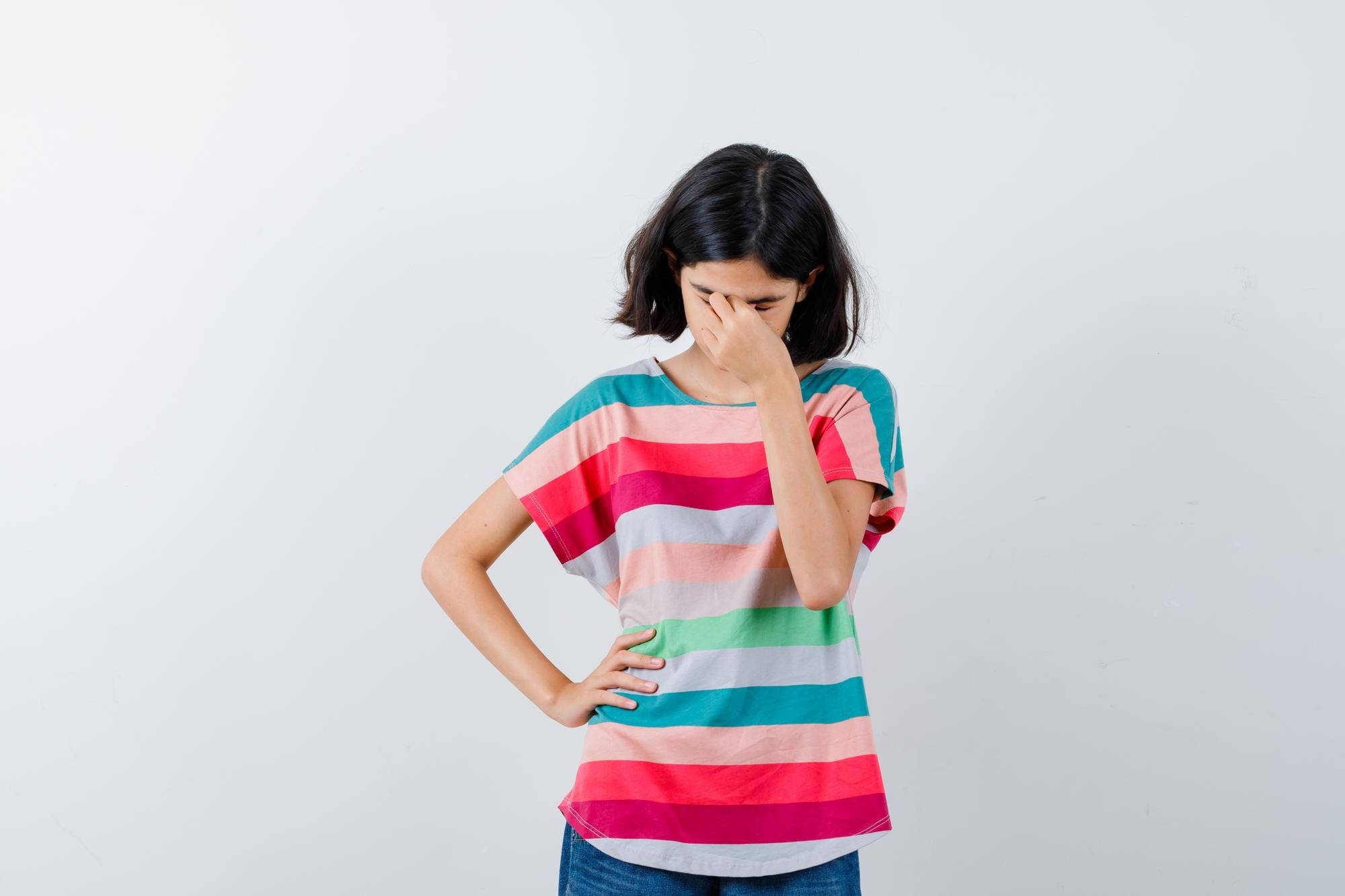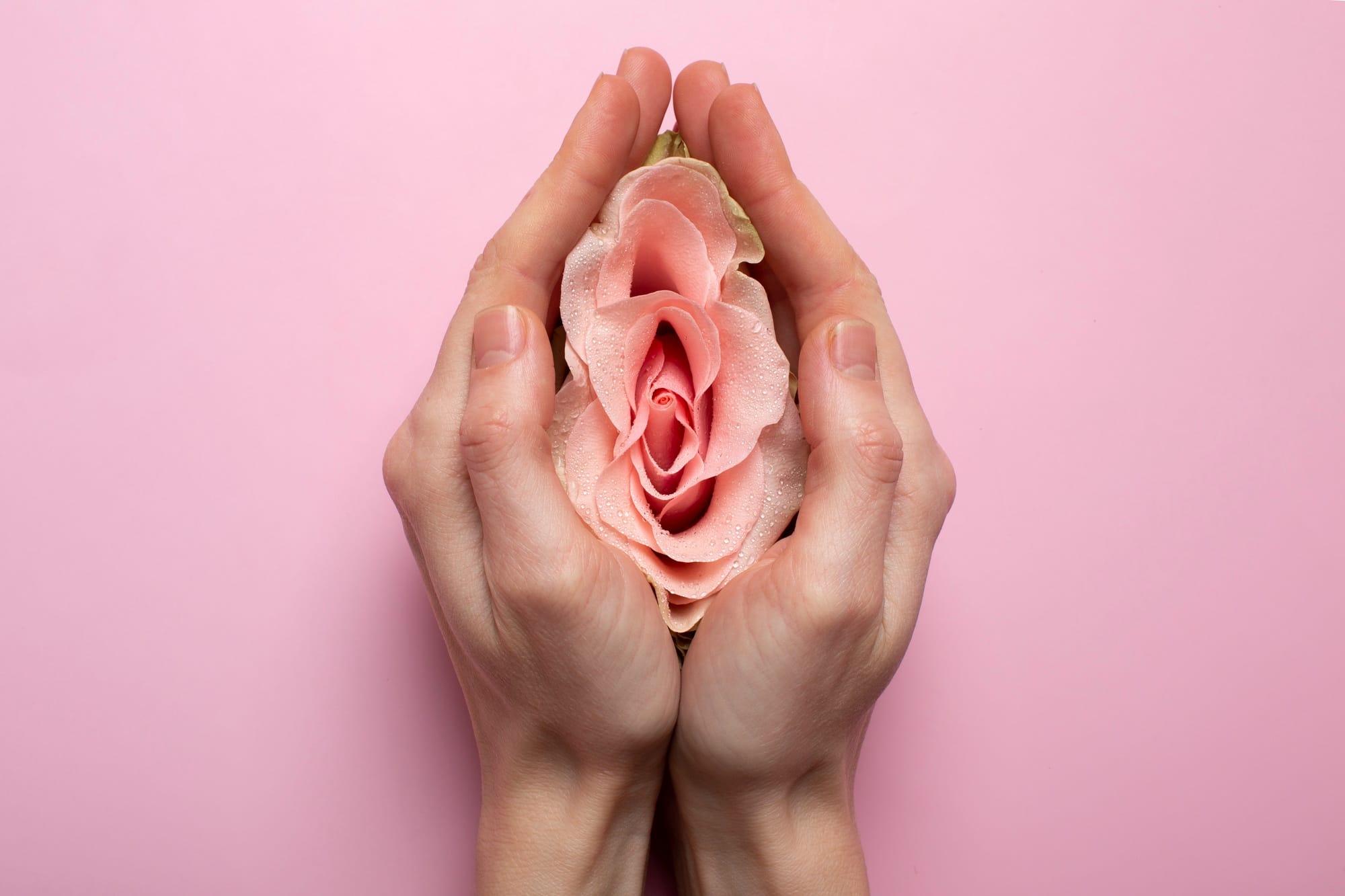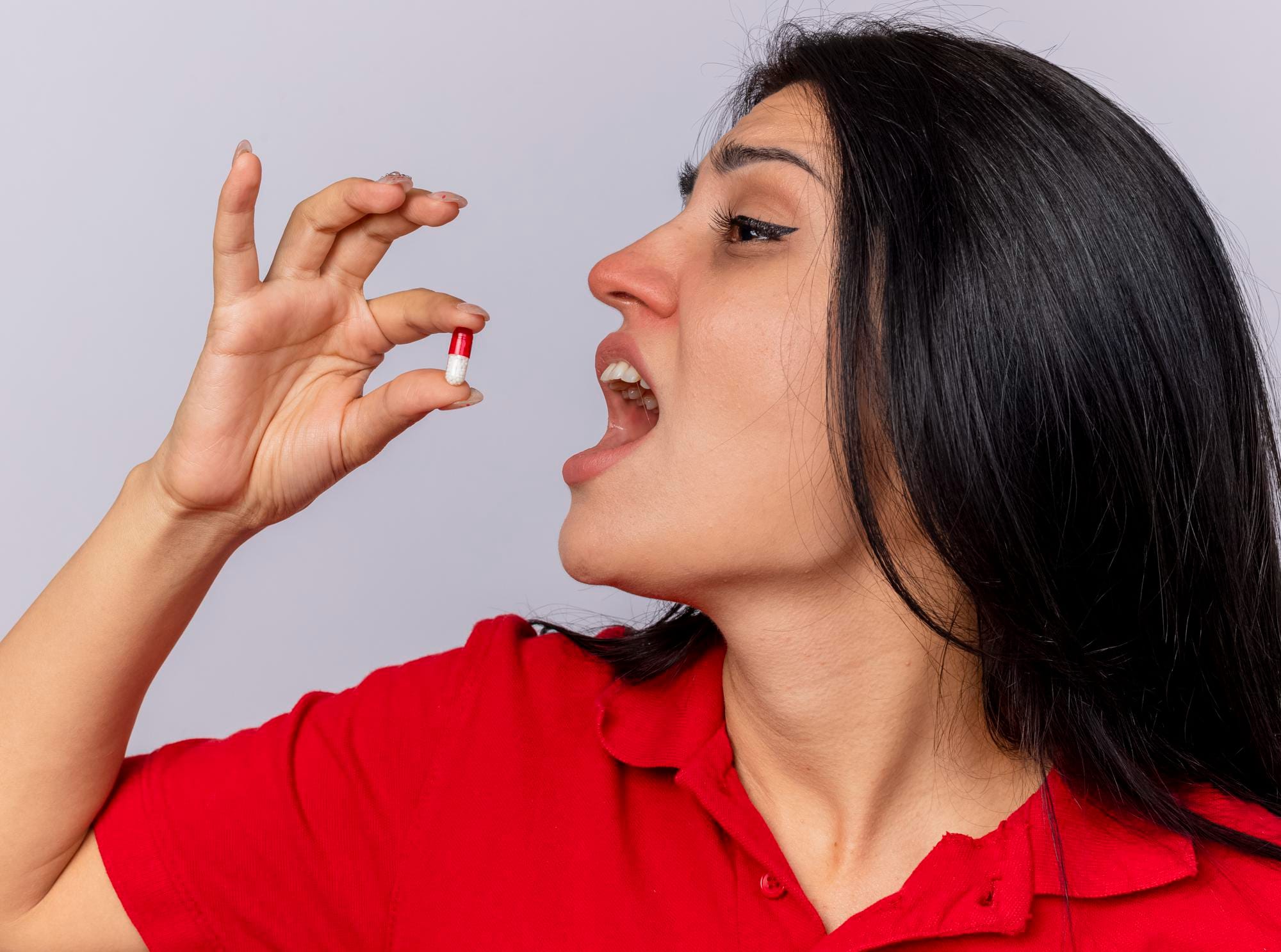
One of the core issues related to body image issues is negative self-perception. Many individuals struggle with the feeling that their body is inadequate or unattractive, often because it doesn’t meet the societal or cultural ideals of beauty. This feeling of inadequacy can lead to low self-esteem, which permeates various aspects of life, from personal relationships to career performance. People who view their bodies negatively may also feel disconnected from their physical selves, finding it hard to appreciate or love their bodies, regardless of their actual appearance.
This negative self-perception can stem from childhood experiences, such as teasing or comments about body size or appearance. As individuals grow older, these perceptions can solidify, making it difficult to overcome body image issues. The constant comparison to “ideal” body types seen in media or social groups can also reinforce this negative self-view.
Distorted Body Image
Another significant factor in body image issues is the development of a distorted body image. People with body image problems often view their bodies in a way that is not reflective of reality, magnifying flaws or imperfections that may be minor or even nonexistent to others. This distortion can make it challenging for individuals to recognize their actual appearance, as their perception is skewed by internal criticism and judgment.
A distorted body image can contribute to unhealthy behaviors, such as constantly scrutinizing oneself in mirrors, seeking validation from others, or avoiding situations where one’s body may be visible, like going to the beach or the gym. This distorted perception can create a vicious cycle, where the individual’s negative view of their body becomes increasingly difficult to overcome.
Impact of Media and Social Comparison
The media plays a powerful role in shaping society’s understanding of beauty and desirability. From advertisements to social media influencers, unrealistic beauty standards are constantly presented as the norm, leaving many people feeling as though they fall short. When individuals compare themselves to these airbrushed or digitally enhanced images, it becomes easy to feel inadequate or dissatisfied with their own appearance.
Social media, in particular, can amplify this issue. People often curate their online presence to show the most flattering or polished versions of themselves, leading to a never-ending cycle of comparison. The emphasis on likes, comments, and followers can make individuals feel that their self-worth is directly tied to their physical appearance. This constant comparison to unattainable beauty standards can increase feelings of dissatisfaction and contribute to the development of body image issues.
Dieting and Disordered Eating
A significant number of individuals with body image issues engage in unhealthy dieting practices or develop disordered eating behaviors. In the quest to achieve the “perfect” body, many people turn to extreme dieting or restrictive eating. What starts as a harmless diet can quickly spiral into a more dangerous pattern, leading to eating disorders such as anorexia, bulimia, or binge-eating disorder. These conditions are not just about food; they are deeply tied to feelings of control, self-worth, and body image.
Disordered eating patterns are particularly concerning because they have both physical and psychological consequences. Malnutrition, organ damage, and emotional distress are just a few of the devastating effects. Additionally, disordered eating often becomes a long-term struggle, as individuals may yo-yo between periods of restrictive eating and binging, worsening their relationship with food and their bodies.
Body Dysmorphic Disorder (BDD)
Body Dysmorphic Disorder (BDD) is a mental health condition where individuals become obsessively preoccupied with perceived flaws in their appearance. These flaws, often minor or even imaginary, consume a person’s thoughts and lead to compulsive behaviors such as excessive grooming, seeking cosmetic procedures, or avoiding social situations altogether. BDD can severely impact a person’s quality of life, causing them to withdraw from normal activities out of fear of being judged or ridiculed for their appearance.
Individuals with BDD may seek repeated cosmetic surgeries in an attempt to “fix” their perceived flaws, but the underlying psychological issues persist, often resulting in a cycle of dissatisfaction and emotional distress.
Social Pressure
The influence of friends, family, and societal expectations cannot be overlooked in the discussion of body image. Social pressure to conform to specific beauty standards can be particularly damaging, especially for young people who are still forming their sense of self. Comments from peers or family members about weight or appearance can deeply affect someone’s body image, pushing them to go to unhealthy lengths to fit in.
For some, this pressure to look a certain way can lead to an obsession with appearance or developing eating disorders. The fear of judgment or not being accepted can drive individuals to engage in harmful behaviors to achieve a “perfect” body.
Mental Health Consequences
Body image issues are closely tied to mental health. Low self-esteem, anxiety, and depression are common among individuals who struggle with their body image. The constant worry about appearance can overshadow other important aspects of life, leading to feelings of isolation, shame, and self-hatred. Over time, these mental health consequences can deepen, affecting relationships, career goals, and overall well-being.
It is crucial to recognize the psychological toll that negative body image can take and seek appropriate support, such as therapy or counseling, to address these deep-seated issues.
Body Positivity Movement
In response to the harmful effects of unrealistic beauty standards, the body positivity movement has emerged as a powerful force advocating for self-acceptance and inclusivity. This movement challenges narrow definitions of beauty by encouraging people to embrace their unique body shapes, sizes, and appearances. It celebrates diversity and promotes the idea that all bodies are beautiful, regardless of how closely they align with societal ideals.
The body positivity movement also aims to dismantle the harmful influence of media and social comparison by providing platforms where real, unedited bodies are showcased and celebrated. This movement has gained momentum in recent years, helping people of all backgrounds feel empowered to love themselves as they are. For more detailed study, refer to: Center for Change















Leave a Reply